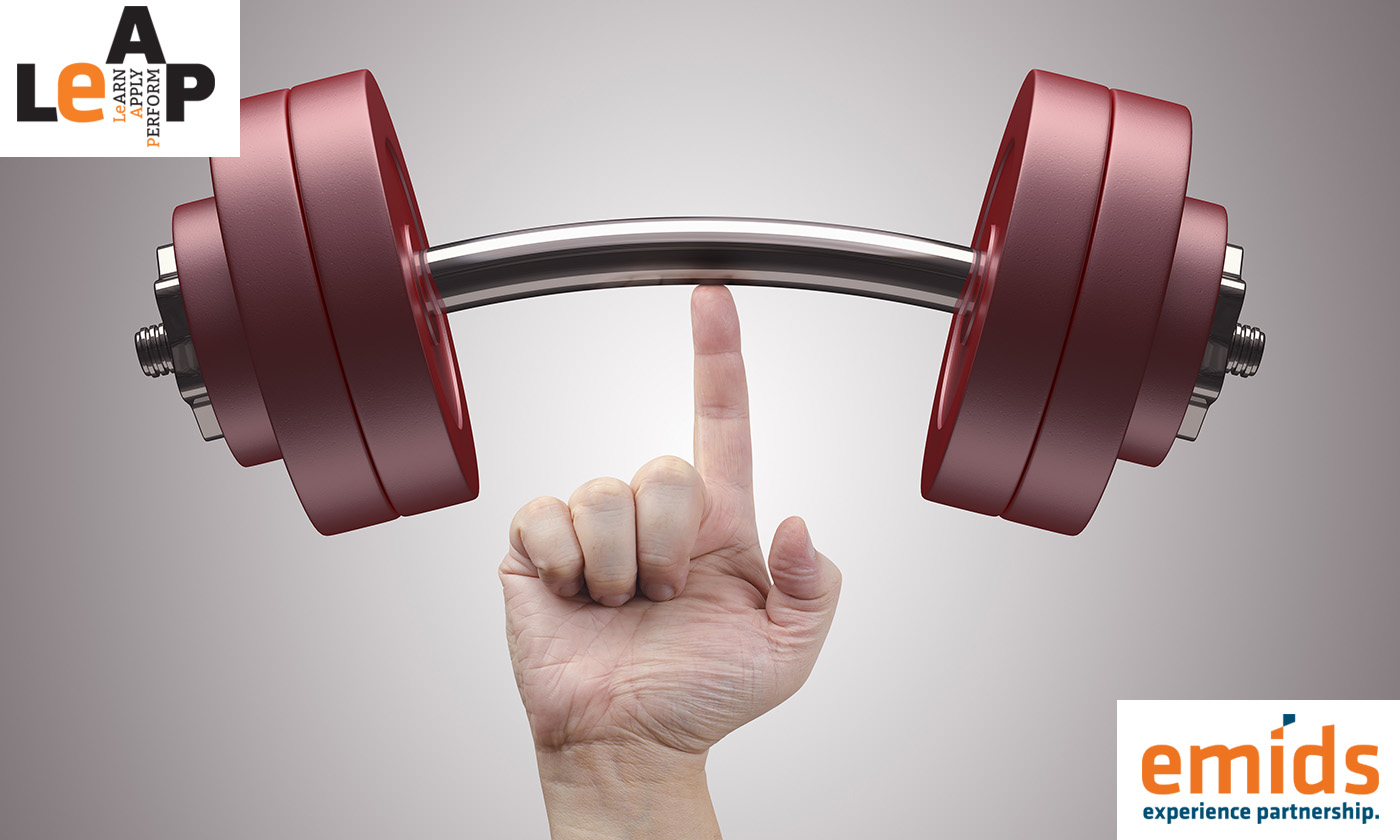When it comes to improving our job performance, we often think about updating our skills, and bringing discipline into our day. But there is more to good performance, than all of this. It lies in leveraging our strengths.
According to Jason Flegel, Deloitte Partner, “knowing your strengths helps you think about your vulnerabilities, an essential ingredient to your learning and growth.” Strengths aren’t just about being good at something. No matter how busy we are, getting to do something we enjoy doing, be it creative, strategy oriented or physical, helps neutralize the negative effects of those influences that can be drainers at work.
But, how do strengths contribute to high performance?
It’s a simple correlation. When we engage with our strengths, our attention, motivation and energy levels are elevated. It produces eustress – the good kind of stress. This in turn helps us focus more, and dedicate the best of our resources to the tasks at hand. It’s called the Yerkes – Dodson Law. Keeping this in mind, Flegel tells all employees of Deloitte that “it’s not just about hitting your numbers, it’s being willing to look at yourself and grow. Your skills aren’t enough. You have to figure out what your [career] path looks like and make it personal.”
Here’s how companies around the world put strengths to work.
Work rotation. Every 18 months, Facebook engineers are required to rotate and work on something different for a while. This constantly brings new perspectives and experience to the teams. But the key is that, in doing so, they don’t force unnatural talent/project pairing. The organization is constantly looking at ensuring the best job-person fit possible. Facebook’s infamous ‘Timeline’ was born out of this.
Taking time off to ideate. Even before companies like Google made it popular, 3M set the precedent with its ‘15% time’, a program that allows its employees to use a portion of weekly work time to create and develop their ideas. The program has produced many of 3M’s best-selling products, including the Post-it note. In 1974, Art Fry, a scientist at 3M, came up with that simple but famous invention.
In-person check-ins. Deloitte, being the pioneer in leveraging strengths, initiates frequent, future-focused conversations about work. Here, team members and leaders meet 1:1 to share feedback and expectations for the near-term work. They discuss how the individual will deliver on their priorities, given their unique skills and strengths, and how the team leader will create opportunities for them to do that. This helped the company move away from ratings, making performance management a more person-focused, hands-on experience.
Proponents of this approach unanimously agree about its impact – it doesn’t focus or correct the performance deficits of employees, which result in low engagement, low productivity and low morale. Instead, it creates multiple opportunities for people to dedicate their strengths towards fueling their learning zones. Wouldn’t you want to try this out?








